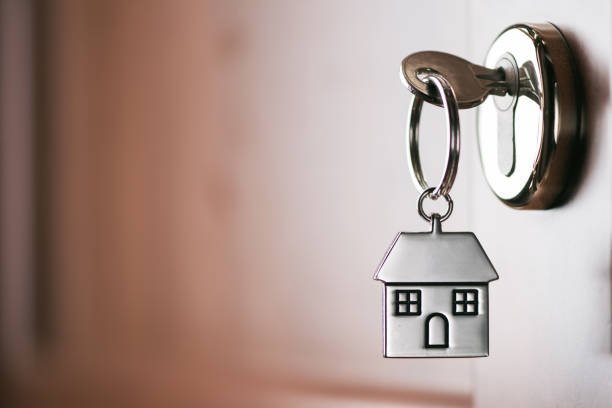
Veterans Home at 20 Vernon St.
VOTE YES ON ARTICLE 5!
On Thursday, Oct. 24, Norwood Town Meeting Members approved $800,000 in Community Preservation Act funds toward a 20-unit affordable housing project for formerly homeless veterans at 20 Vernon St. Thank you to the many, many people who supported this project!
-
We contribute to the greater effort to end veteran homelessness. Currently, approximately 500-600 veterans in Massachusetts are experiencing homelessness.
We support veteran housing at a tremendous bang for our buck.
A recent report by Construction Coverage, a research firm, found that the average cost to build a new housing unit in Massachusetts is $334,280.
Norwood’s cost for 20 Vernon St. is only $40,000 per unit! This is because Norwood’s local contribution essentially unlocks $6 million in state grants to fund the remainder of the project.
Income-eligible veterans from Norwood receive preference for the apartments.
The property is deed-restricted, meaning it’s future use must remain affordable housing for veterans, regardless of who owns the property.
In the past, our town’s CPC has helped protect properties for open space and historic preservation purposes.
This proposal at 20 Vernon St. would be our first CPA-funded deed restriction for housing, a significant achievement given the dire need for more affordable housing.
-
CPA funds, collected from a 1% property tax surcharge in Norwood, must be spent on three categories: Open Space/Recreation, Historic Preservation, and Community Housing.
Since adopting the law in 2016, More than $4 million has been spent total: 47% to Open Space/Recreation, 44% to Historic Preservation, and 9% to Community Housing.
If $800,000 is approved for 20 Vernon St., Community Housing would account for 23% of total spending, still trailing the other two categories with Open Space/Recreation at 40% and Historic Preservation at 37%.
It is common for private organizations (not just the local government) to apply for CPA funds in Massachusetts.
In fact, projects creating new affordable housing are awarded predominantly to private organizations. Beyond local housing authorities, most municipalities don’t have the resources or expertise to acquire, develop, and maintain housing.
In addition, Community Housing projects typically come with relatively high price tags because housing opportunities are scarce — and not cheap. (Just ask anyone who has tried to buy a house or rent an apartment lately)
Examples of other CPA Community Housing projects in MA:
Small Towns Are Tapping Into CPA to Address the Housing Crisis | Community Preservation Coalition
Daily Hampshire Gazette - Easthampton’s 11 Ferry St. project promises affordable five-story, 96-unit complex (gazettenet.com)
$1.4 million CPA award: Groundbreaking ceremony held for 70 Boston Rd. project - WestfordCAT
$2.6 million CPA award: Affordable housing will soon replace Wing School in Sandwich (capecodtimes.com)
Veterans housing could be ready in 2026 - The Martha's Vineyard Times (mvtimes.com)
-
The project proponent, Caritas Communities, is a 501(c)(3) non-profit whose mission is to provide housing and services to very low income individuals. Caritas owns 29 properties totaling nearly 900 units in Greater Boston.
Caritas’ goal is to close on the purchase of 20 Vernon St. in the summer of 2025, with construction to follow. Targeted occupancy in March 2027.
A vast majority of the changes to the site will be to the interior to efficiently change the use of the building from offices to 20 studio apartments.
The property will be self-managed by Caritas, which says it puts aside a reserve of funds each month for future upgrades (“replacement reserves”) that the property will need.
One of the 20 units will be occupied by a site manager/superintendent, who is responsible for maintaining the home.
The project will be fully vouchered by the HUD-Veterans Affairs Supportive Housing (HUDVASH) program for low-income veterans without stable housing.
The residents for this project will be selected from a list of referrals within the Boston VA’s catchment area, which encompasses Greater Boston. Former Norwood residents will be given preference for 20 Vernon St. vacancies.
Tenants will receive extensive services provided by Clear Path for Veterans New England and the U.S. Dept. of Veterans Affairs (VA). A list of services provided by Clear Path for Veterans New England can be found here: www.clearpathne.org/programs/.
The local VA Medical Center (VAMC) in West Roxbury will provide residents with healthcare services. The full list of services provided by the VAMC can be found here: https://www.va.gov/boston-health-care/health-services/.
-
For more information, please check out the documents provided by Norwood's Community Preservation Commission
